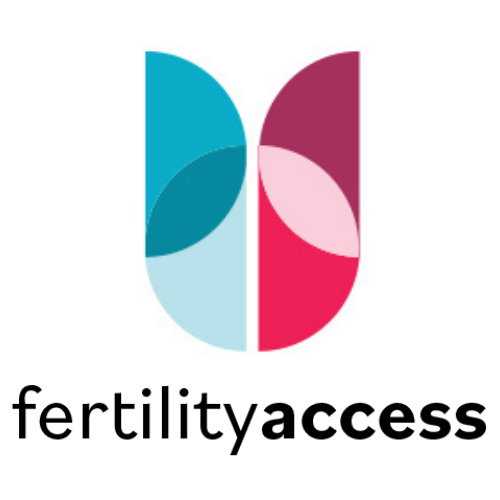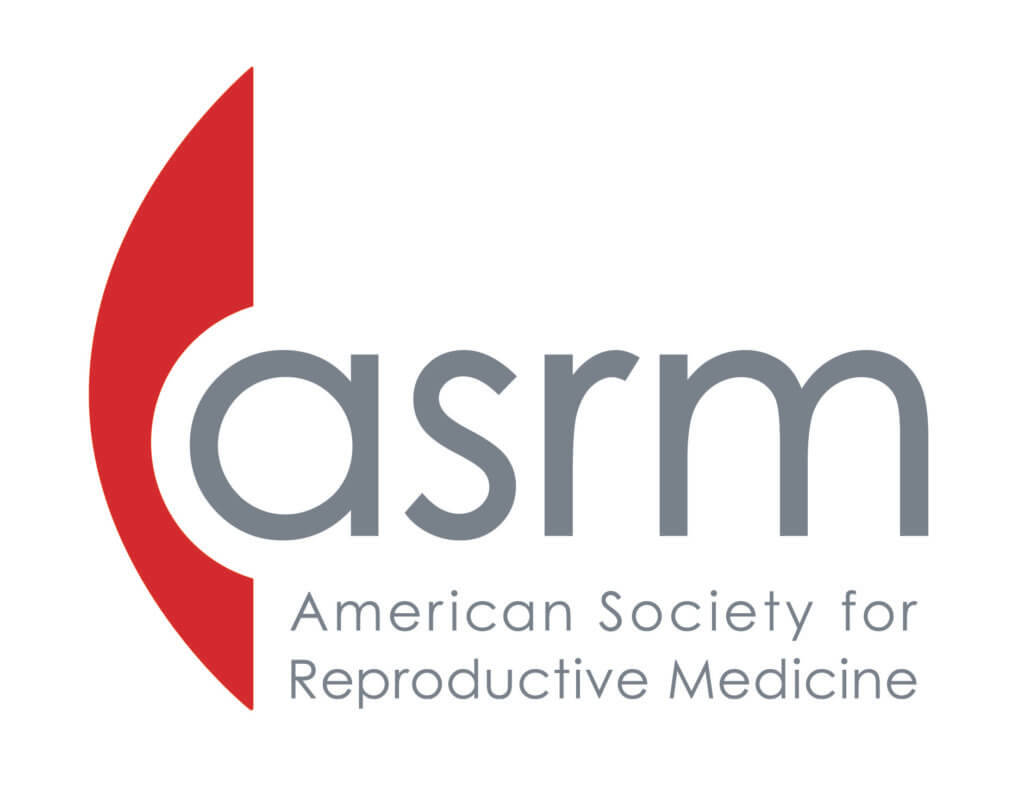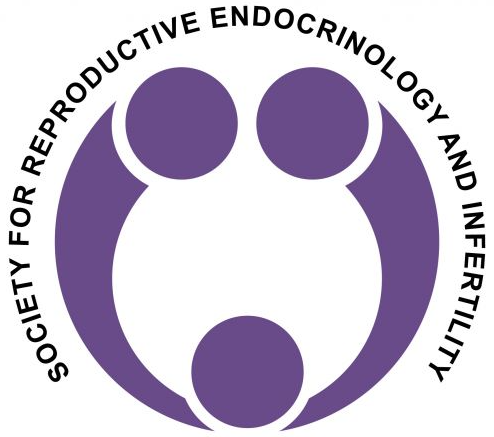What is egg freezing?
Egg freezing, also referred to as mature oocyte cryopreservation, is an approach used to preserve a woman’s reproductive future. To freeze a female’s eggs, the unfertilized eggs are first collected from the ovaries, then frozen and reserved for later use. When a woman is ready to conceive, her frozen egg can be thawed, combined with sperm in a lab, and implanted in the uterus.
Who is a candidate for egg freezing?
Egg freezing is an option for women whose circumstances make her unable or not ready to become pregnant, but who would like to conceive in the future. You are not required to have a male partner or sperm donor to freeze your eggs, because the eggs aren’t fertilized. The most common reasons women decide to have their eggs frozen are:
- Cancer treatment – Cancer treatments, like chemotherapy and radiation, can have negative effects on your fertility.
- In vitro fertilization – Egg freezing may be required if your partner can’t produce sufficient sperm on the day you have your eggs retrieved.
- Age-related infertility – Some women have concerns about reduced fertility as they age and choose to freeze their eggs while they are younger.
How is egg freezing performed?
To freeze your eggs, there are three main steps: ovulation induction, egg retrieval and egg freezing.
Ovulation induction
Your doctor will prescribe fertility drugs to stimulate your ovaries so you’ll have multiple eggs for retrieval. You doctor will use vaginal ultrasound or blood tests to monitor the follicles and development of the mature eggs. Normally, the follicles are ready for egg retrieval after about two weeks.
Egg retrieval
Egg retrieval is normally done under sedation through transvaginal ultrasound aspiration. An ultrasound device is inserted into the vagina to locate the follicles. A small device is then guided through the vagina and into the follicles to harvest the eggs. Multiple eggs may be collected from the follicles.
Egg freezing
Once your eggs are retrieved, they are cooled to freezing temperatures to stop all biological activity so they can be used in the future.
After the procedure
After egg retrieval, you may feel some cramping. Some women experience slight pressure for a couple weeks after. You can normally resume your daily routine within a week of retrieving your eggs.
For more information on egg freezing and other fertility treatments, call the physicians at Center for Reproductive Medicine today at 612-355-8596 to schedule your next appointment.





